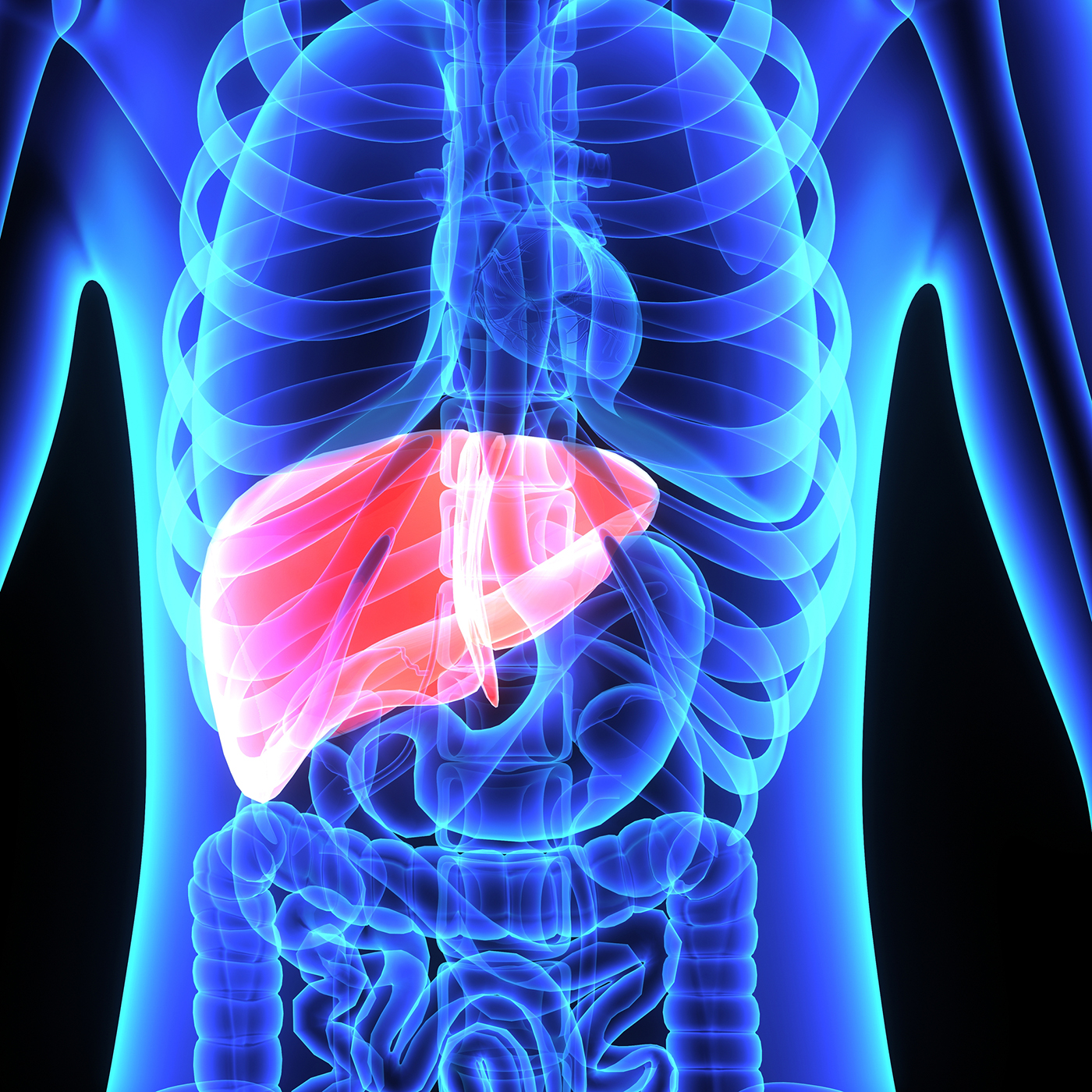Galectin suffers blow as NASH trial fails

As big pharma races to develop a treatment for the liver disease non-alcoholic steatohepatitis (NASH), biotech Galectin suffered a blow as its potential treatment failed in a mid-stage clinical trial.
Galectin said its phase 2a NASH-FX trial evaluating GR-MD-02 in 30 NASH patients with advanced fibrosis failed to meet its endpoint.
The exploratory four month long randomised study did not meet its primary biomarker endpoint, as measured by a magnetic resonance imaging test evaluating inflammation and fibrosis.
It also failed to meet secondary endpoints measuring liver stiffness as a surrogate for fibrosis. All patients had liver biopsies at the start to establish the diagnosis and fibrosis severity, but Galectin skipped follow-up biopsies at the end of the trial due to safety considerations.
However a larger scale trial in NASH cirrhosis (NASH-CX) is fully enrolled a month early, with 162 patients, exceeding a target of 156.
The NASH-CX trial has a different endpoint – hepatic venous pressure gradient – which the FDA could view as an acceptable surrogate endpoint for registration trials.
Principal investigator Stephen Harrison said the trial was designed to follow up from data in a phase 1 study, but was likely too short to show any efficacy response.
He said: “We look forward to additional results from the NASH-CX trial in which patients with NASH cirrhosis are treated for one year.”
There is no approved treatment for NASH and several pharma companies are targeting the disease, and have paid big money for biotechs with potential drugs to treat it.
Earlier this month, Allergan bought biotechs Tobira and Akarna, paying up to $1.7 billion for the former even though its drug failed in a phase 2b study earlier this year. Allergan hopes to combine NASH drugs from the two biotechs.
In April, Gilead paid $1.2 billion for Nimbus Therapeutics’ liver drug subsidiary, which is also developing a NASH treatment.
The FDA has fast-tracked Shire’s early stage NASH drug, volixibat, and Intercept has obeticholic acid, already approved in another liver disease, in phase 3b development.











